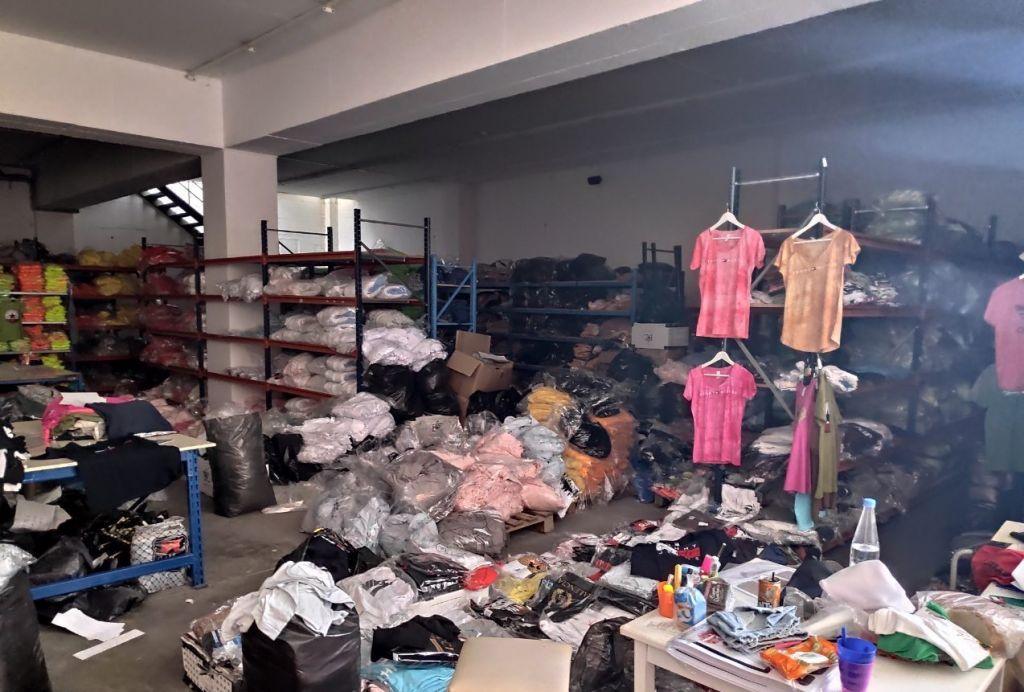Τhe need to promote financial literacy in schools was highlighted by the Governor of the Bank of Greece, Yannis Stournaras, during a seminar for educators titled “Money: Saving – Investing – Economic Growth.”
Stournaras emphasized that introducing a financial literacy course in secondary education could familiarize students with fundamental economic concepts, equipping them to make sound financial decisions as adults.
He also outlined the Bank’s next steps in promoting financial literacy, which include educational initiatives in schools and the option for in-person visits to the Bank’s museum, home to numerous engaging exhibits. A nationwide student competition on the same theme as the seminar will follow.
Presenting supporting data, Stournaras cited the 2024 OECD report, which shows that 40% of Greek high school students have a bank account, more than one in five use banking or prepaid card products, around 15% have savings or investments, 10% have purchased cryptocurrencies, and approximately 75% have made online purchases.
Yet, financial education in Greece remains fragmented and largely absent from the core curriculum. While steps have been taken, such as the introduction of “Skills Labs” in schools, critical concepts like interest, investment returns, and risk management are still missing from daily teaching.
According to Stournaras, financial education should equip young people with the knowledge and skills needed not only for their professional lives but also for managing everyday personal finances. It should be a lifelong process, evolving alongside changes in personal priorities, economic conditions, and the financial products and services available.
Source: tovima.com




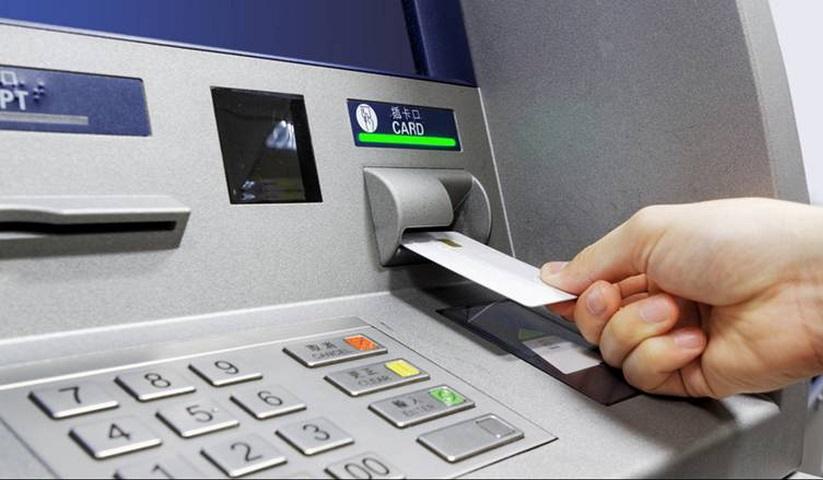
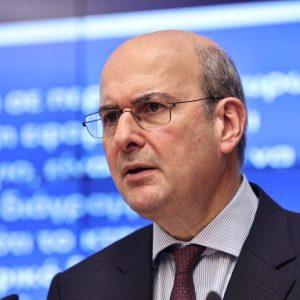

![e-ΕΦΚΑ: Πώς θα παραμείνουν ασφαλιστικά «καλυμμένοι» οι αγρότες [πίνακας]](https://www.ot.gr/wp-content/uploads/2024/12/ot_agrotis_sitari-300x300.png)











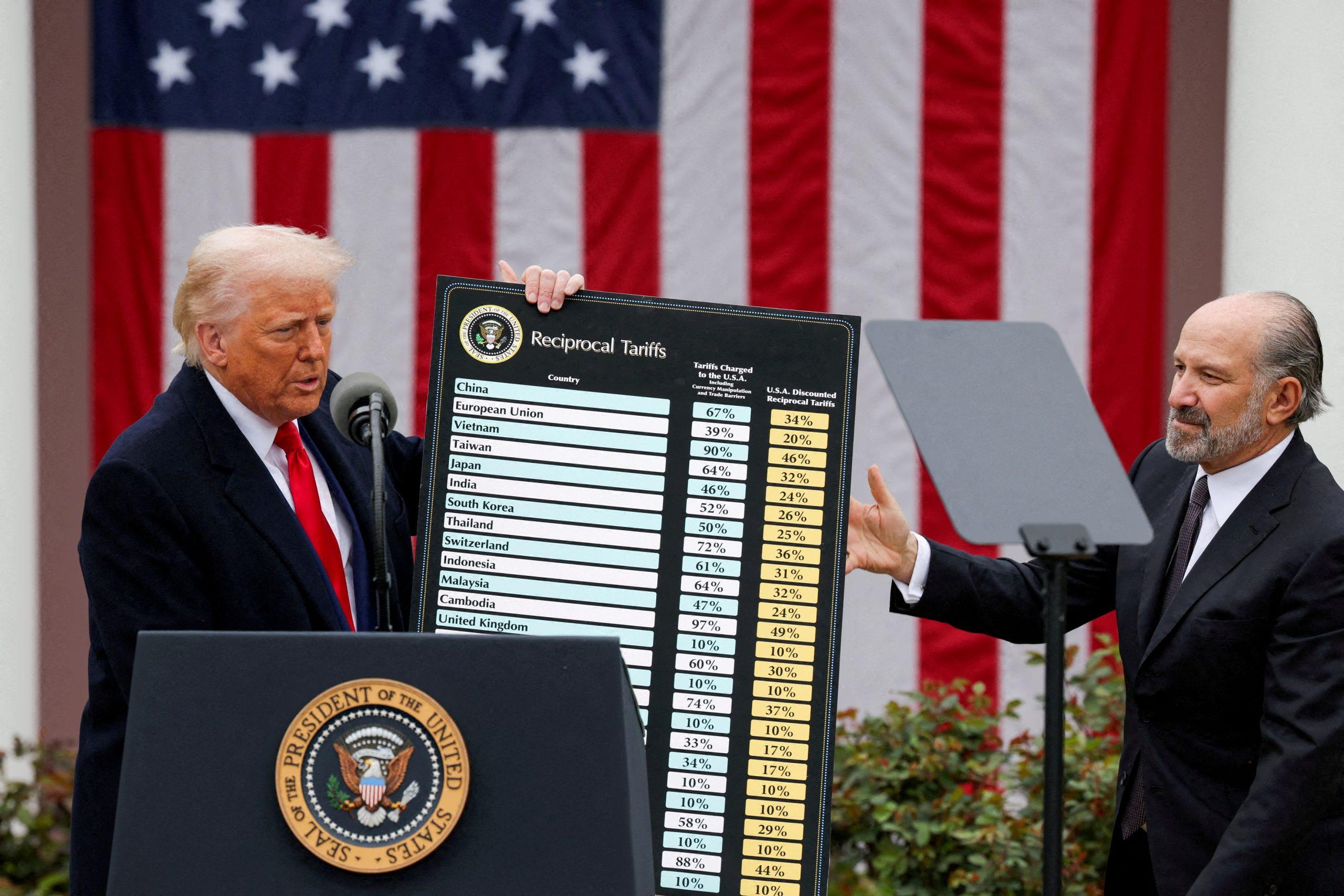






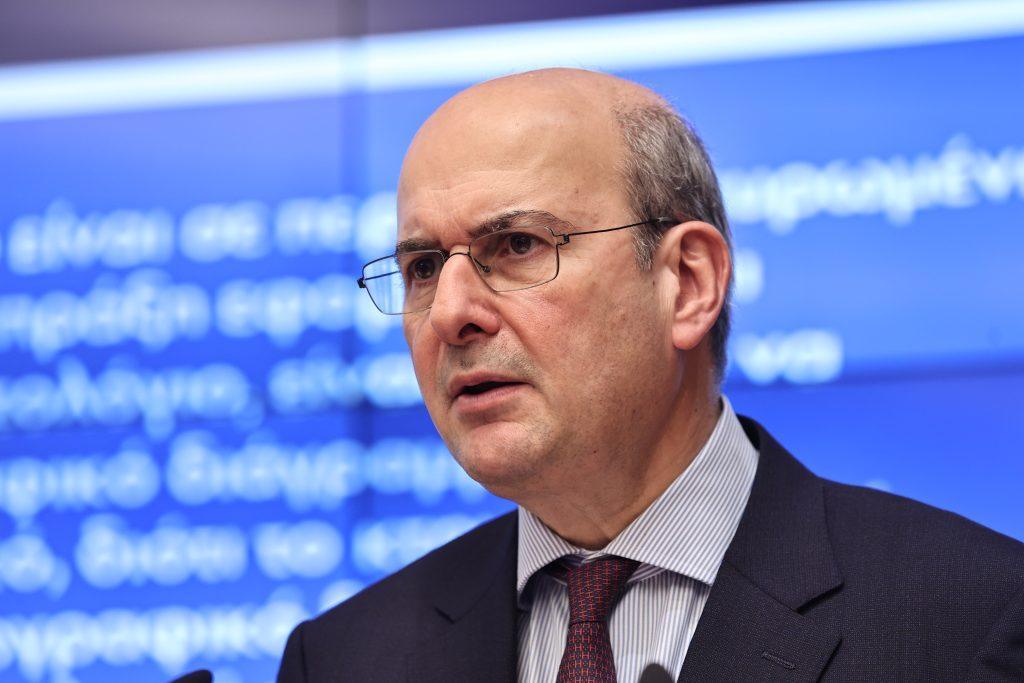

![e-ΕΦΚΑ: Πώς θα παραμείνουν ασφαλιστικά «καλυμμένοι» οι αγρότες [πίνακας]](https://www.ot.gr/wp-content/uploads/2024/12/ot_agrotis_sitari.png)


